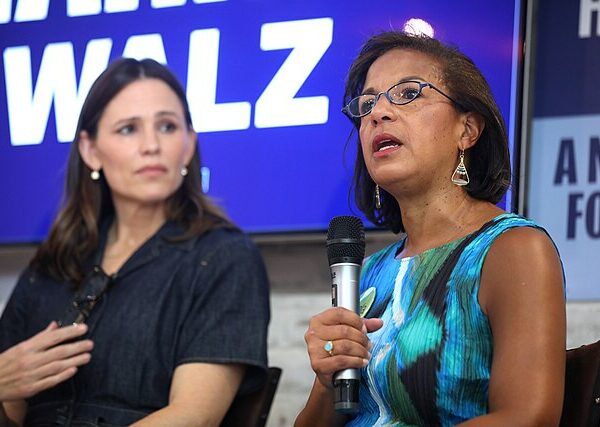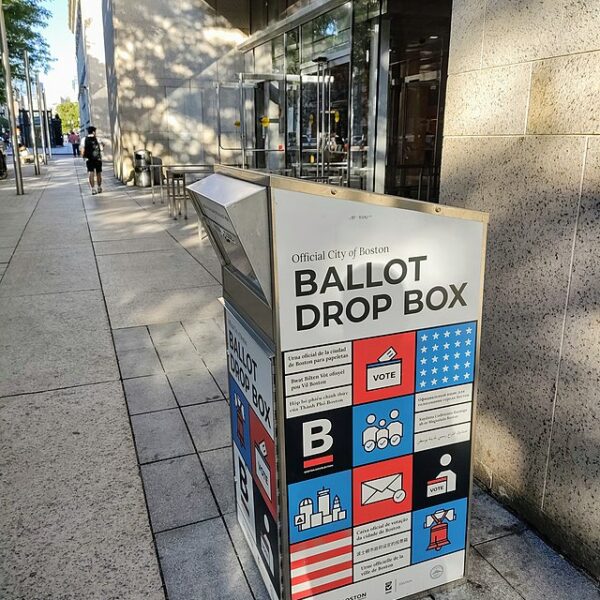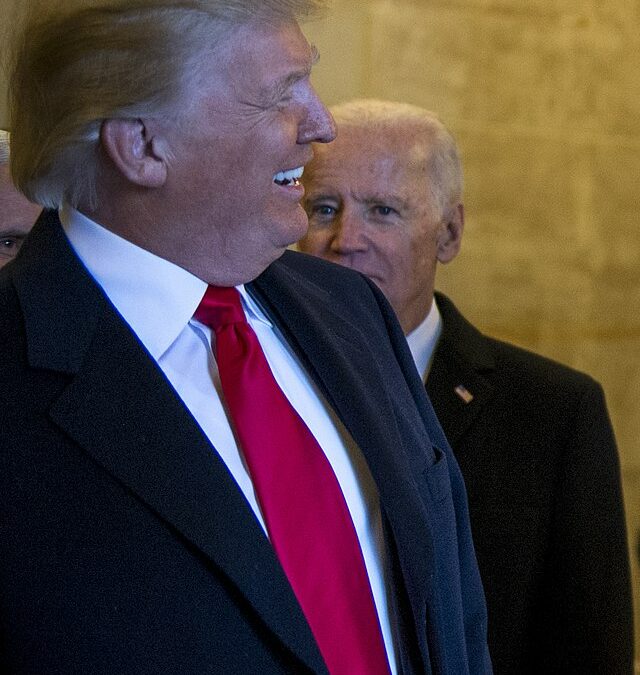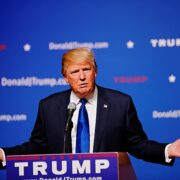
A televised exchange between former FBI Director James Comey and MSNBC host Jen Psaki has sparked sharp backlash this week, after the pair openly entertained the idea of new laws to “manage” MAGA Republicans—language that critics say marks an alarming escalation in the left’s long-running campaign to criminalize dissent and pathologize political opposition.
During Sunday’s episode of The Briefing with Jen Psaki, the former White House press secretary asked Comey whether the law should be used to “better manage” supporters of Donald Trump. Conservatives seized on the phrasing, warning that it echoes authoritarian efforts to suppress opposition under the guise of order. Comey did little to reassure skeptics. He replied with a thinly veiled endorsement of selective law enforcement, suggesting that FBI agents who scrutinize right-leaning groups might be punished by Congress for “targeting innocent people,” while characterizing one of America’s two major parties as “white supremacist-adjacent.”
Many observers saw that slur not as a mere slip of the tongue—but as part of a broader strategy, reinforcing a concern long held by many conservatives: that Democrats find it easier to control speech than to engage with voters’ genuine concerns.
MSNBC’s @jrpsaki: “Do you think there are laws that should be put in place that would help better manage [MAGA Republicans], that aren’t in place now?”@Comey: “… Let’s say you work in the FBI. You know that one of the two political parties is, let me put it nicely, white… pic.twitter.com/QcqXib4aw5
— Tom Elliott (@tomselliott) May 26, 2025
The Psaki-Comey dialogue lands at a moment when Republican-led legislatures across the country are advancing laws to curb ideological censorship on social media, bolstered by court victories against the Biden administration’s coordination with tech platforms. In contrast, the MSNBC segment seemed to embrace a future where dissent is not debated—but managed, regulated, and potentially criminalized.
This isn’t a hypothetical threat. In 2023, a federal court ruling uncovered what has been labeled a “censorship regime,” highlighting how the Biden administration coerced platforms to silence disfavored views. That same year, Rep. Alexandria Ocasio-Cortez, a frontrunner for the 2028 Democratic nomination for the White House, publicly called for Fox News to be censored—and the network quickly adjusted its programming. When Elon Musk loosened Twitter’s moderation rules, the same media voices now warning of “disinformation” denounced his efforts as dangerous, proving once again that for the modern left, free speech is acceptable only when tightly curated.
Comey’s history adds fuel to the fire. Long accused by conservatives of weaponizing the FBI against political adversaries, his latest remarks are being read less as commentary and more as a blueprint—one where national security tools are trained on domestic political opponents. He recently made an apparent threat to Donald Trump, telling supporters to “86 47.” Psaki, for her part, seemed less interested in protecting democratic norms than in redefining them to exclude her adversaries.
Liberal defenders of censorship, as they always do, continue to insist their crackdowns on speech are about preventing extremism. But critics counter that the left often redefines “extremism” to include mainstream conservatism—conflating pro-life views, border security, or skepticism of government authority with threats to democracy. The result is a rhetorical sleight-of-hand: delegitimize the opposition first, then justify silencing them in the name of stability.
As the 2025 election cycle gains steam, the Psaki-Comey conversation underscores a growing ideological rift not just over policy, but over the nature of democracy and freedom itself. One side seeks to govern through persuasion; the other seeks to do so through surveillance and control, even deploying genuine disinformation themselves if they have to. For millions of Americans, the question is no longer whether censorship is coming—but how far it will go, and who it will silence next.
[Read More: Trump Ally Opposes His Big Bill]











